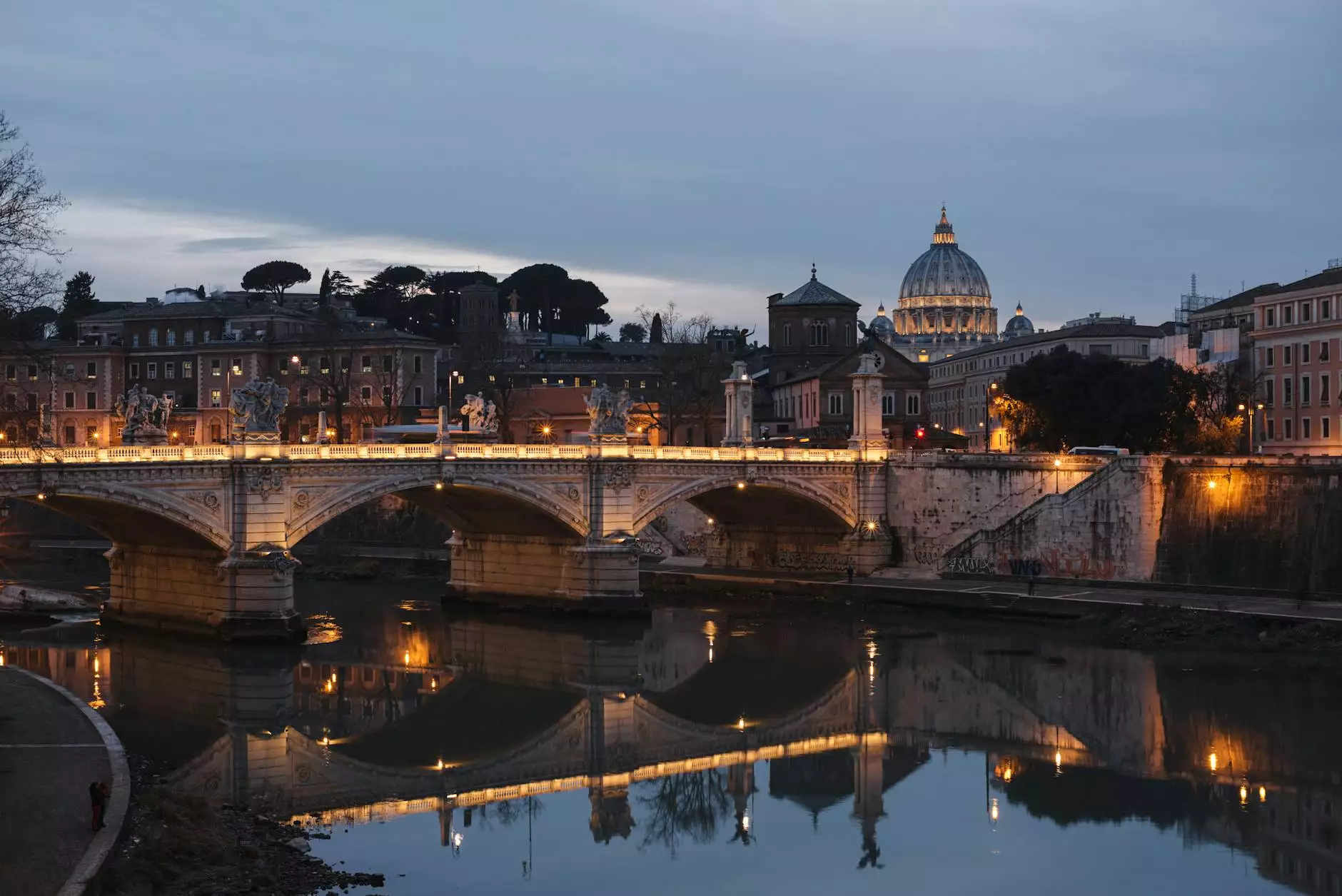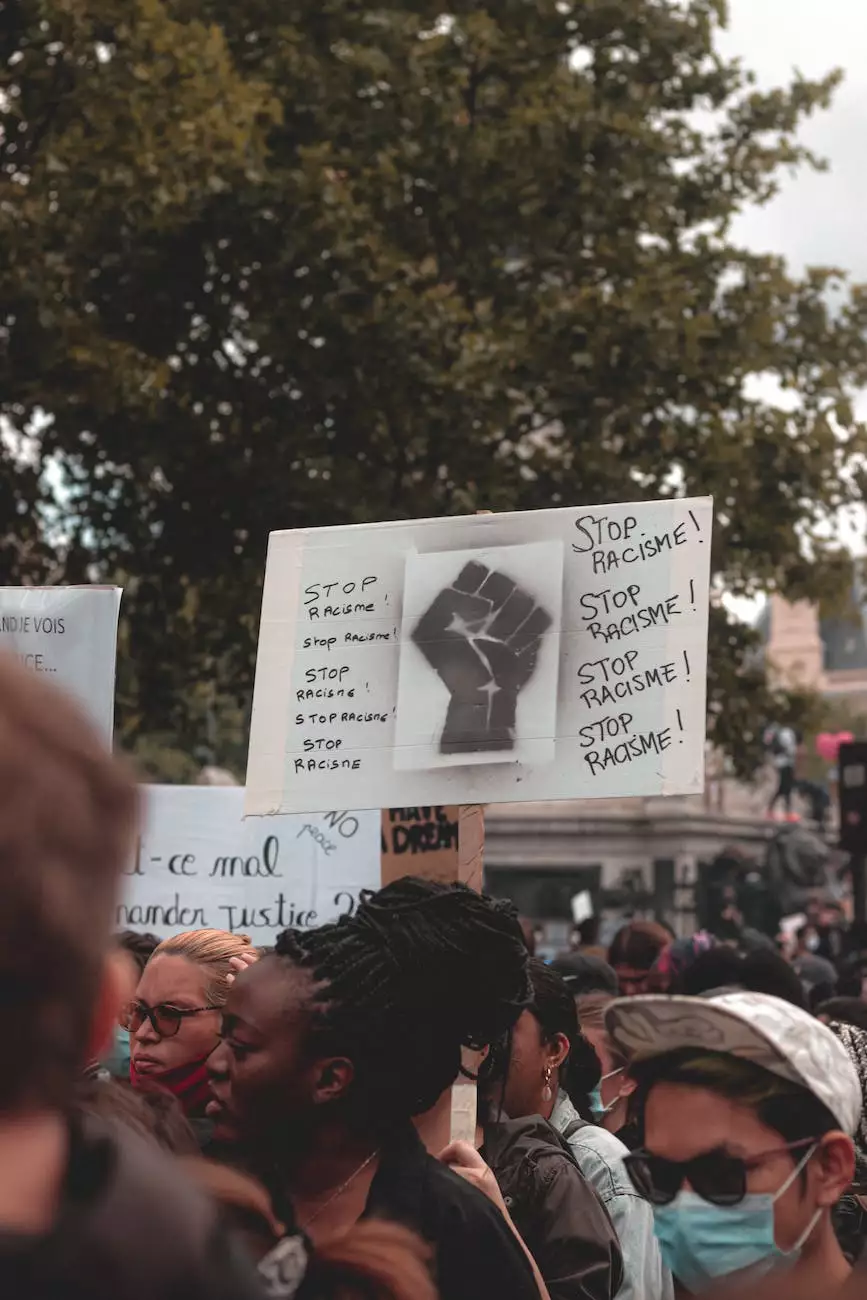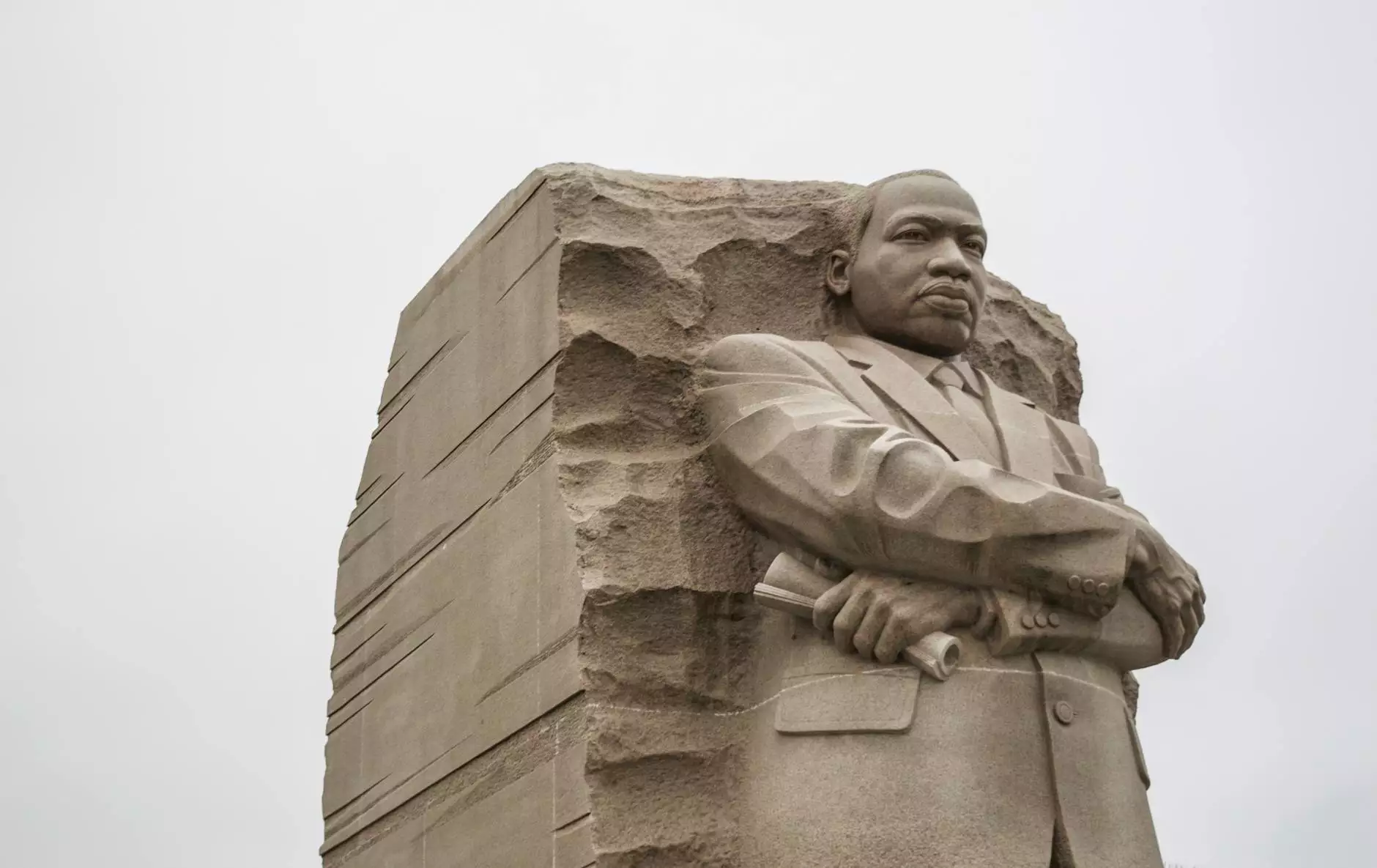REFLECTION: The Catholic Vote in 2016

Introduction
Welcome to Peace Church - a place where faith, community, and societal issues intersect. Join us as we reflect upon the Catholic vote in the 2016 elections and delve into the profound impact it had on our society. In this article, we will explore how the Catholic vote shaped the political landscape of that period and delve into how faith and beliefs influenced political choices.
The Significance of the Catholic Vote
As a part of the community, it is essential to understand the role of the Catholic vote in shaping the destiny of our nation. In 2016, the Catholic vote emerged as a considerable force, attracting attention and influencing political campaigns. With over 70 million Catholics in the United States, it became imperative to analyze their preferences and understand the issues that motivated their choices.
Understanding Political Alignment
Catholics have historically been a diverse group when it comes to political affiliation. While some lean conservative, others find themselves aligned with more liberal ideologies. The 2016 elections witnessed a significant engagement from Catholics across the spectrum, with many grappling with complex decisions.
The Influence of Social Issues
One aspect that played a crucial role in the Catholic vote was the focus on social issues. The Catholic Church's stance on topics such as abortion, marriage equality, and immigration deeply resonated with Catholic voters. These issues ignited debates, leading to a discernment process that challenged members of the faith community to evaluate political candidates in alignment with their deeply held beliefs.
Economic Considerations
While social issues held prominence, economic matters were also pivotal in shaping the Catholic vote. Issues such as income inequality, healthcare, and immigration reform weighed heavily on the minds of voters. The Catholic social teaching, which emphasizes a preferential option for the poor and vulnerable, compelled many Catholics to consider how political candidates' policies aligned with these principles.
Empowering Faith-Based Decision Making
It is crucial to recognize that faith and beliefs played a significant role in shaping the Catholic vote in 2016. With a genuine commitment to their faith, Catholics sought to assess political candidates through the lens of their beliefs and values. Catholic teachings on issues of human dignity, social justice, and respect for life provided a moral compass that guided many during the election season.
The Pursuit of Social Justice
One of the most critical aspects of Catholic faith is the pursuit of social justice. This core principle drove many Catholics to evaluate how candidates' proposals aligned with efforts to alleviate poverty, promote equality, and protect human rights. By prioritizing social justice, Catholic voters were able to participate in the democratic process with a sense of purpose beyond personal gain.
Religious Freedom and Sanctity of Life
Religious freedom and the sanctity of life are two pillars of Catholic belief that deeply impacted the Catholic vote. The concern for preserving religious liberty and protecting the unborn guided the decision-making process for many voters. Candidates' stances on issues such as abortion, euthanasia, and religious freedom shaped the choices Catholics made in the voting booth.
Conclusion
The Catholic vote in the 2016 elections marked a significant milestone in our nation's history. It highlighted the intersection of faith and politics, shedding light on the impact religious convictions have on our democracy. As we move forward, understanding the interplay between faith, beliefs, and political choices is vital to fostering an informed and engaged electorate. Join us at Peace Church as we continue to explore the complexities and nuances of our society - one reflection at a time.










